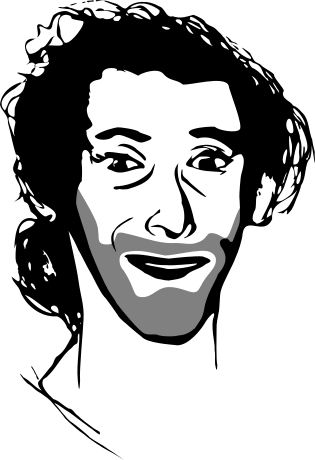2021 highlight: Decoding brain activity to new cognitive paradigms
Broad decoding models that can specialize to discriminate closely-related mental process with limited data
TL;DR
Decoding models can help isolating which mental processes are implied by the activation of given brain structures. But to support a broad conclusion, they must be trained on many studies, a difficult problem given …



